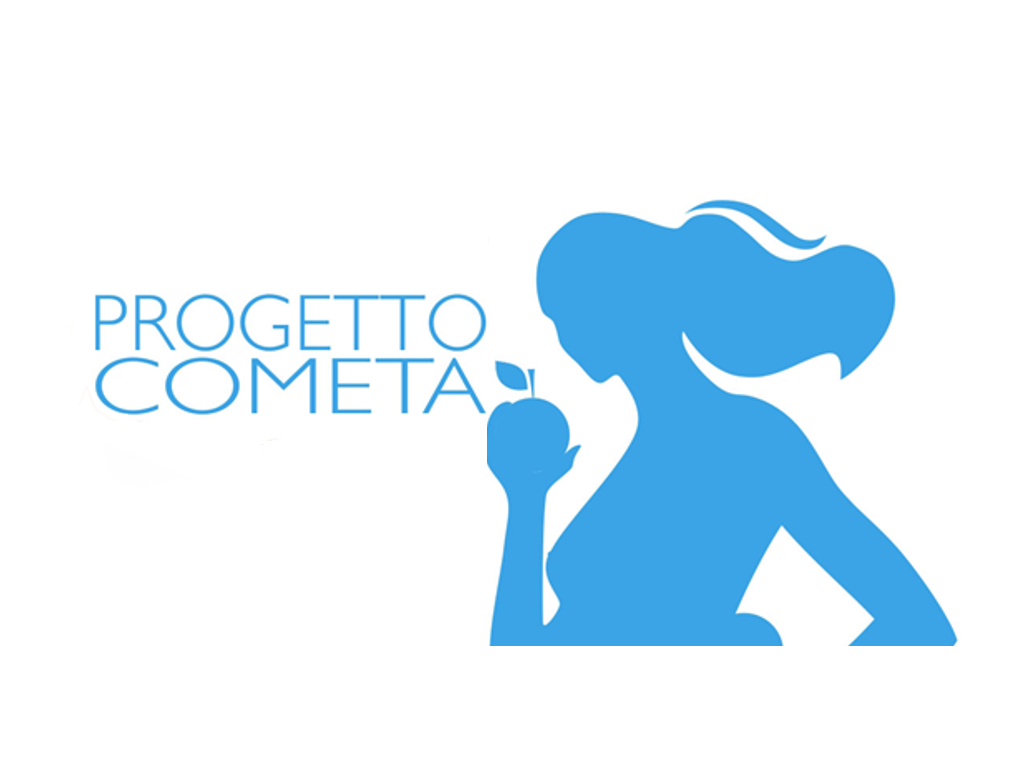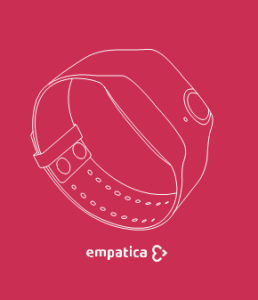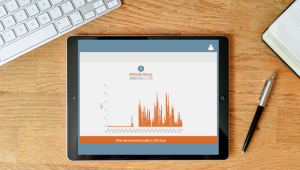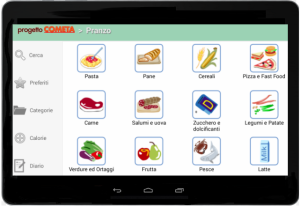The Cometa Project is the result of Meteda’s partnership with the V. Buzzi Children’s Hospital, in Milan, and Empatica, the device’s manufacturer. The idea was born from the need to identify new strategies to prevent obesity, a condition that has been growing in the last decades and which affects childhood. The integrated system relies upon motivational incentives to improve the user’s eating habits and promote physical activity.
Cometa

Remote metabolic monitoring
Motivational incentives to prevent obesity
Cometa
Take a look at the system components
A new system for weight loss
The system comprises: a bracelet which, worn all day long, records energy consumption resulting from physical activity; a Smartphone app which records entries in a dedicated food diary; and, a software that gathers data collected from both the app and the diary, processing them to yield a comprehensive assessment of the user’s lifestyle. Compared to traditional methods, this system conceivably promotes weight loss associated to better food quality and lifestyle, with physical activity playing an important role.
In-depth look
 The bracelet made by Empatica is worn on the user’s wrist, where it records physical activity and energy consumption, displaying also how many sedentary hours have been accumulated over the course of the day. By processing daily data, the device yields the user’s lifestyle profile. When it comes to a child, this aggregate information is useful to improve nutrition and, at the same time, stimulate the individual, if necessary. For the user, wearing the bracelet alone can serve as a stimulus.
The bracelet made by Empatica is worn on the user’s wrist, where it records physical activity and energy consumption, displaying also how many sedentary hours have been accumulated over the course of the day. By processing daily data, the device yields the user’s lifestyle profile. When it comes to a child, this aggregate information is useful to improve nutrition and, at the same time, stimulate the individual, if necessary. For the user, wearing the bracelet alone can serve as a stimulus.
The Smartphone app, manufactured by Meteda, allows to fill out a food diary. The fun and simple-to-use application features food images grouped by category, which makes researching easy. For the user’s convenience, we added images of three different portion sizes for each food, so that it is possible to insert the recommended quantity, or a smaller/greater portion on the basis of what was assumed.
 Portion allocation is useful when a more accurate count of what has been actually eaten is desired. Data recorded on the Smartphone are synchronized on the PC, where medical staff can review them, subsequently sending their recommendations to the patient via text message.
Portion allocation is useful when a more accurate count of what has been actually eaten is desired. Data recorded on the Smartphone are synchronized on the PC, where medical staff can review them, subsequently sending their recommendations to the patient via text message.
The Web Software developed by Meteda collects both information concerning physical activities recorded on the bracelet and data gathered in the food diary, filled out on the Smartphone. 
All information is processed and displayed on a variety of graphs; it is possible to view single or compared data by selecting a specific day or longer periods of time.
The software also allows to fill out the food diary (as on the Smartphone).
Medical staff will then evaluate nutritional values and bromatological properties in conjunction with the calorie count, and will send patients recommendations to improve their eating habits.